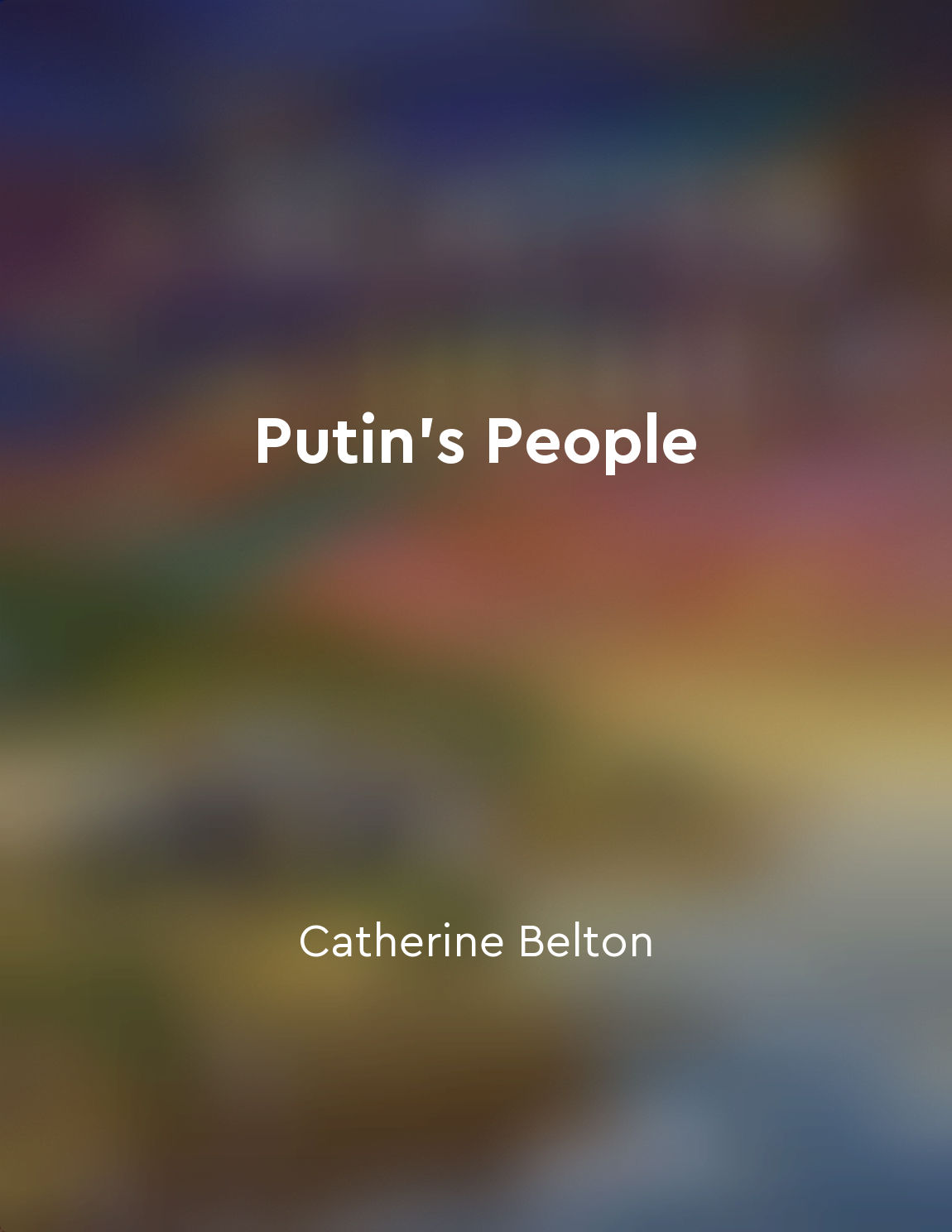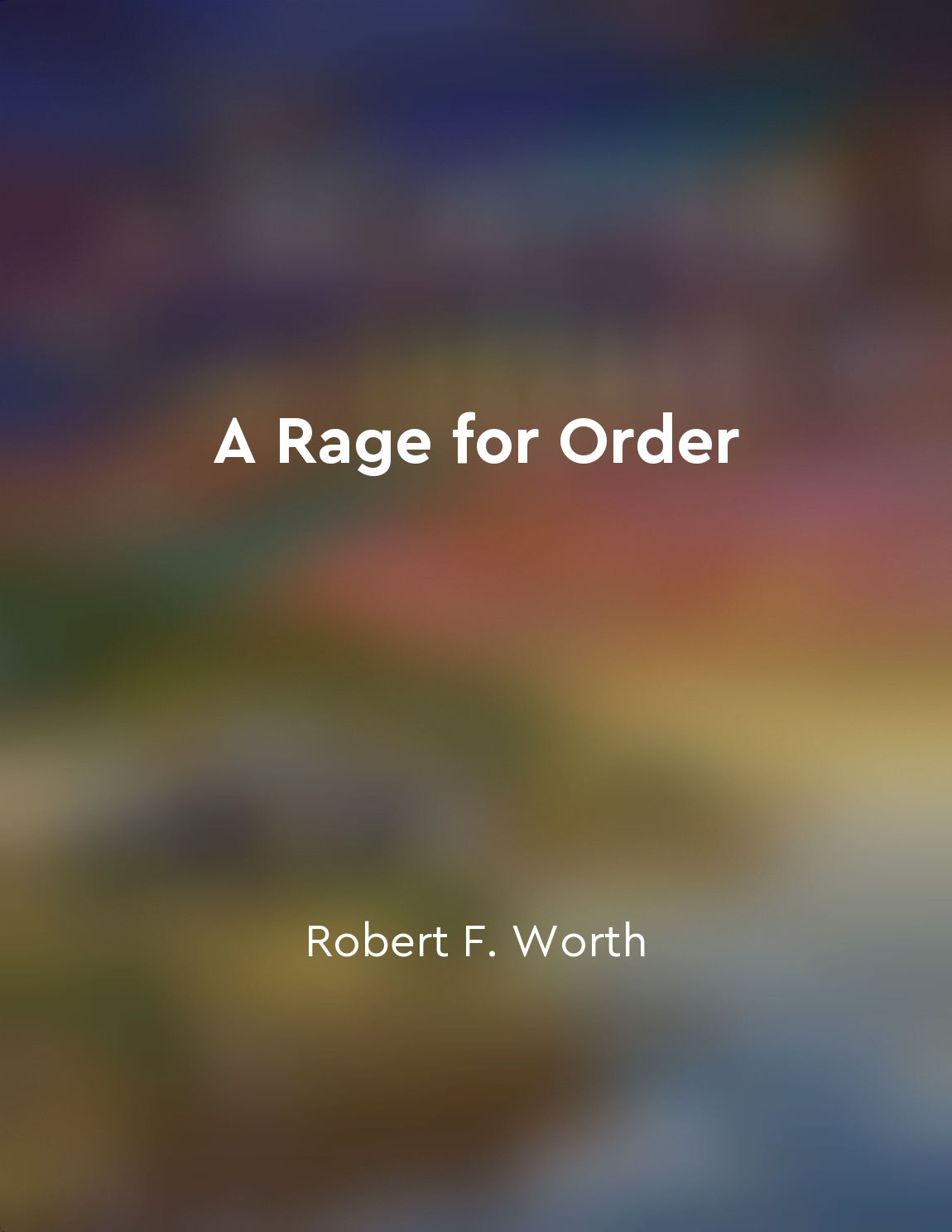Dissenters faced harsh reprisals from "summary" of A Rage for Order by Robert F. Worth
In Egypt, those who dared to speak out against the government often found themselves targeted with brutal force. Dissenters faced a range of harsh reprisals, from arbitrary arrests and torture to forced disappearances and extrajudicial killings. The state's security apparatus was quick to crack down on any form of opposition, using fear and intimidation as tools to maintain control. Activists, journalists, and ordinary citizens who dared to challenge the status quo were met with a heavy-handed response. Security forces routinely raided homes, arrested individuals without warrants, and subjected detainees to cruel treatment in prison. Torture was a common tactic used to extract confessions or silence dissenting voices, with reports of electric shocks, beatings, and sexual abuse being widespread. The government's crackdown on dissent extended beyond just physical violence. Critics were often subjected to smear campaigns in the media, labeled as traitors or foreign agents intent on destabilizing the country. Social media and online platforms were monitored closely, with those expressing dissenting views facing censorship and harassment. In this environment of fear and repression, many chose to remain silent rather than risk the consequences of speaking out. The state's message was clear: any form of dissent would not be tolerated, and those who dared to challenge the government would face severe repercussions. Despite these harsh reprisals, a small but determined group of activists continued to push back against the regime, risking their lives in pursuit of a more just and democratic society.Similar Posts
Intellectuals are targeted by oppressive governments
In times of political upheaval, intellectuals have always been the primary target of oppressive governments. The reasoning behi...
Communist collapse
The collapse of communism was not inevitable, nor was it a simple result of the economic failures of the Soviet system. Rather,...

Transformation of society
The transformation of society, as depicted in "Wild Swans," is a profound and complex process that involves the evolution of no...
The system creates its own demise
The system that governs society is sustained by the cooperation and compliance of its citizens. Individuals within the system p...
Eastern Europe
The term "Eastern Europe" is a complex and multifaceted concept that has evolved over time. It refers to a region of Europe tha...

The Kremlin uses organized crime networks to further its interests at home and abroad
Catherine Belton reveals how the Kremlin has strategically leveraged organized crime networks to advance its agenda both domest...
The power of public opinion is underestimated
The power of public opinion is a force that is often overlooked or dismissed by those in positions of authority. However, Vacla...

